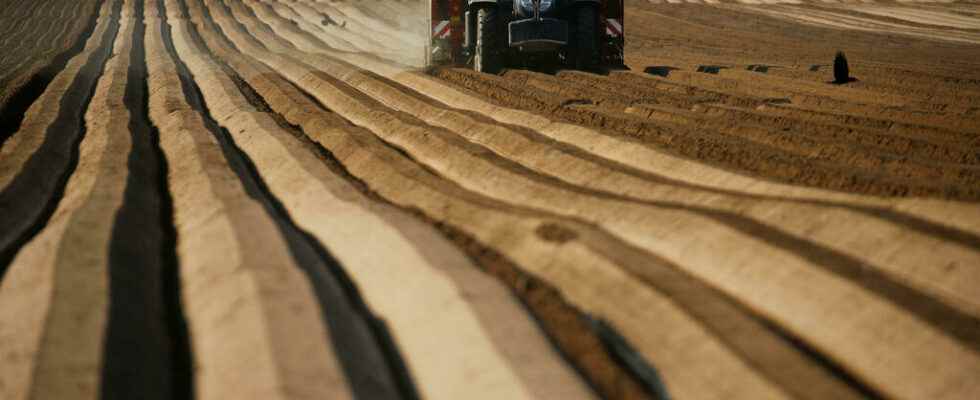Russia’s invasion of Ukraine caused a global spike in agricultural commodity prices and caused concern in the European Union. The world price of a tonne of wheat has increased by 70% according to the European Commission. During their summit in Versailles, the 27 Heads of State and Government of the EU called for a battery of measures to secure agricultural supply: financial support and above all the extension of agricultural land are the two main axes retained.
From our correspondent in Brussels, Pierre Benazet
For the European Commission, the agricultural supply of the European Union is not threatened in quantity. On the other hand, the most disadvantaged Europeans must have guaranteed access to food products at reasonable prices.
Authorization to exploit fallow land
The most emblematic decision is the authorization to exploit four million unexploited hectares which were to remain fallow for the time being within the framework of the environmental objectives of the new common agricultural policy (CAP). Four million hectares is the equivalent of the total area of the Netherlands or the useful agricultural area of the Czech Republic, says the Commission. It also abolishes the production obligations for biofuels.
A crisis fund of half a billion euros is activated, alongside the authorization given to the 27 governments to grant state aid of up to 35,000 euros per farm.
Do not contribute to soaring agricultural prices
These measures decided for 2022 are accompanied by supply diversification initiatives for the future. The European Union also undertakes not to restrict its exports so as not to contribute to soaring agricultural prices. It will also supply fuel to Ukrainian farmers as the Russian military deliberately targets Ukraine’s agricultural stocks.
► To listen also: ATagriculture in the EU: “There is no problem of food availability at European level”
